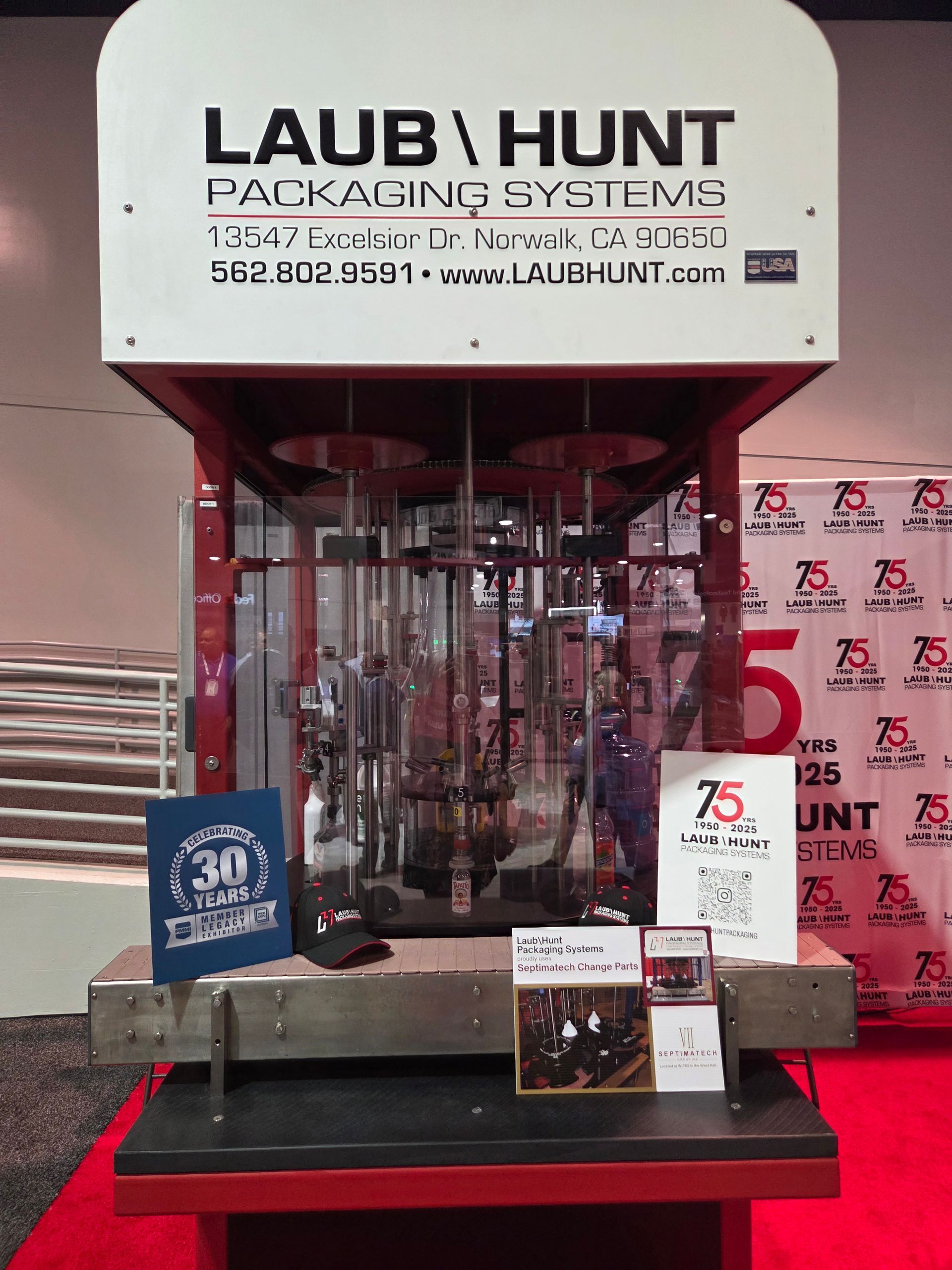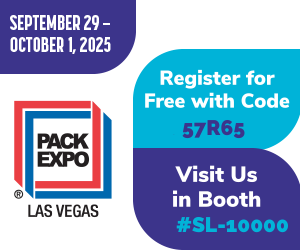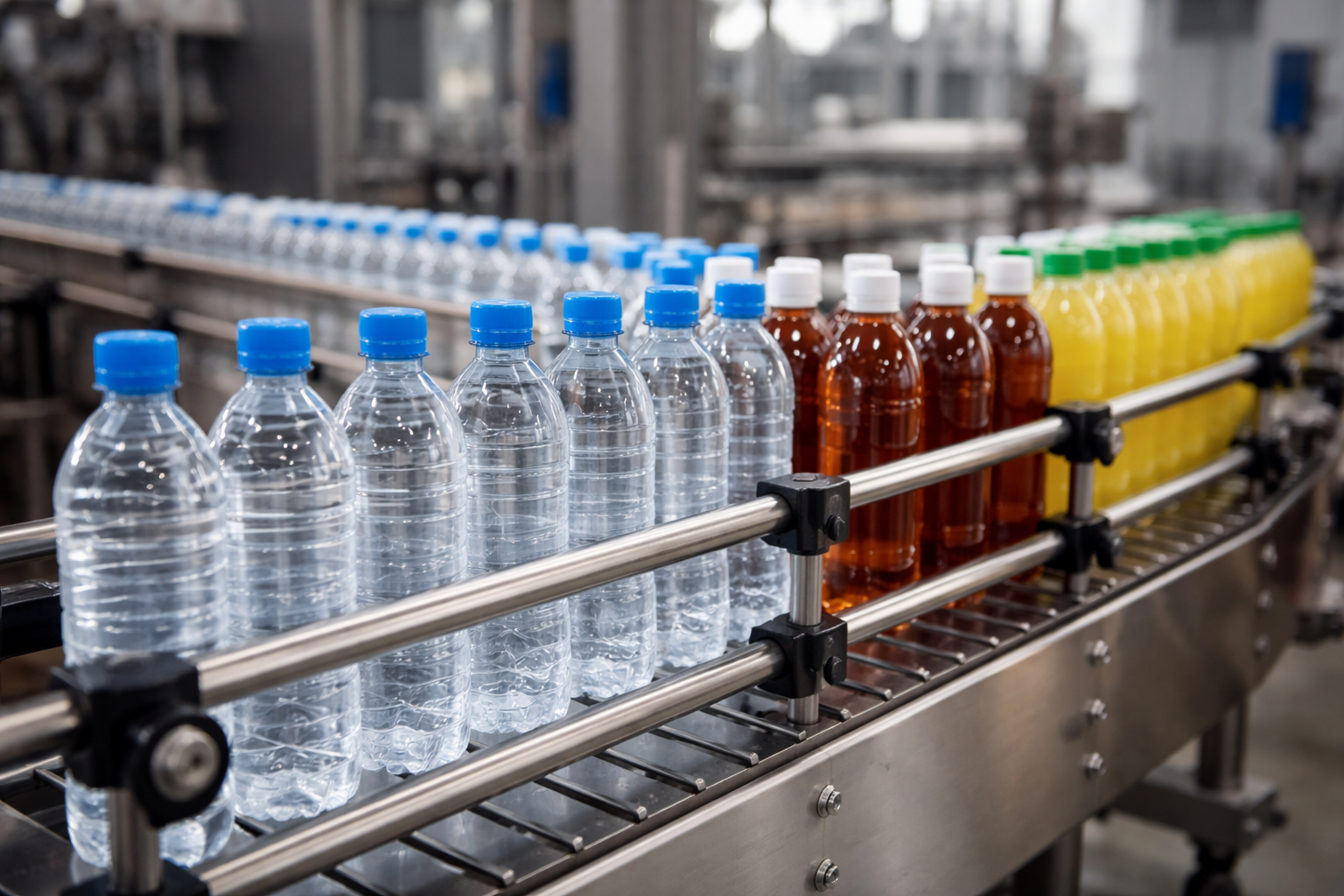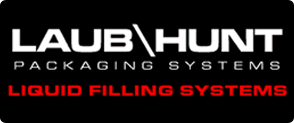October 6, 2025
Laub/Hunt Looks Ahead: Innovation and Growth After a Successful 2025 PACK Event in Las Vegas After a standout showing at the Pack Event trade show in Las Vegas in September 2025, Laub/Hunt Packaging Systems is poised to enter an exciting new chapter of growth, innovation, and industry leadership. The buzz generated at our booth—where we showcased multiple types of bottle filling setups—has opened new doors, galvanized partnerships, and sharpened our vision for the future. At the Las Vegas event, attendees got a firsthand look at how Laub/Hunt tackles different filling challenges: from rotary volumetric and rotary liquid fillers , to pressure metering systems , and mag-flow electromagnetic fillers . Our flexible displays allowed visitors to see side-by-side comparisons of fill accuracy, speed, and hygiene features. That level of transparency and capability put the power in the hands of prospects to envision our equipment integrated into their production lines. Looking ahead, the future for Laub/Hunt hinges on several pillars: 1. Expanding Modular & Custom Solutions We know that no two production lines are identical. Some clients need high-speed rotary fillers, others need gentle bottom-up filling for foamy or delicate products, still others require viscosity-handling systems. Laub/Hunt is doubling down on modular designs, which allow upgrades or swapping of modules (e.g. nozzles, pumps, control systems) without needing to replace the entire machine. Customization—whether for unique bottle shapes, unusual liquids, or strict hygiene standards—will remain central to how we serve new customers. 2. Smarter Machines, Predictive Maintenance & AI We are actively investing in sensor integration, IoT connectivity, and machine-learning models to predict wear, flag performance degradation, and schedule maintenance before issues arise. Future Laub/Hunt machines will better communicate with upstream/downstream equipment, reducing downtime and boosting throughput. 3. Global Reach, Local Support From our base in Norwalk, CA, Laub/Hunt has manufactured liquid fillers for over 75 years. As we expand, the next phase is to strengthen regional service centers, spare parts networks, and local technical teams. That way, whether a beverage company in Europe or a cosmetics firm in Asia is deploying our rotary or pressure metering fillers, they’ll experience responsive support and faster turnarounds. 4. Vertical Market Focus & Industry Compliance As clients in food & beverage, personal care, household chemicals, and pharmaceutical industries grow more stringent in hygiene, regulatory, and sustainability demands, Laub/Hunt will double efforts in sanitary design (CIP, washdown compatibility), environmental efficiency, and compliance certifications. Our bottle filling machines will continue evolving to meet these vertical market needs. 5. Education, Training & Partnership We plan to host more webinars, interactive demos, and on-site training for customers, ensuring their operators can get optimal performance out of their equipment. Our Field Service and Technical Support teams will play a bigger role in post-sale success. Inspired by what you saw at the tradeshow? Let’s bring that momentum into your line. Explore our full line of rotary fillers , mag-flow filling systems , pressure metering machines , and Rotary Liquid bottle filling solutions . Contact our team today to request a live demo, quote, or consultation—let’s engineer the future of your bottling line together.




